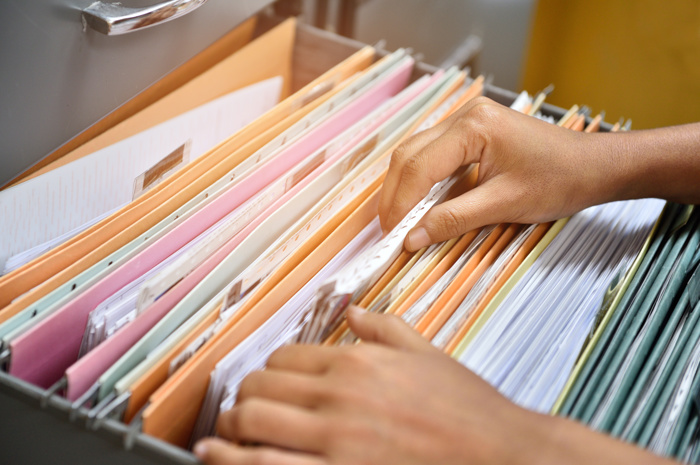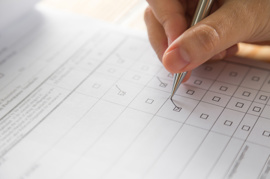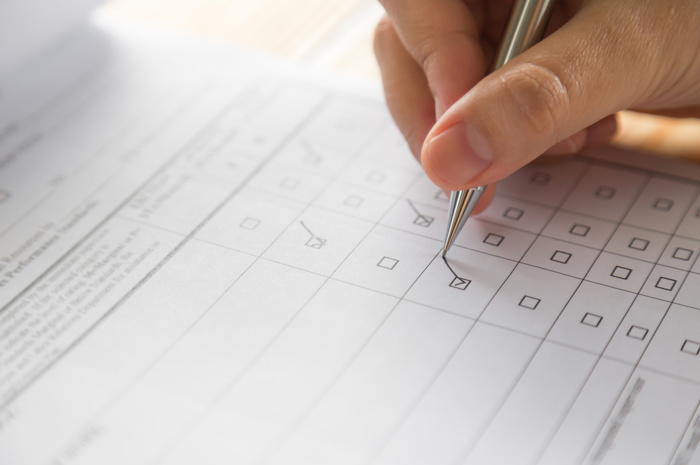Keeping track of your income and expenditure is an important part of running a micro company. Some people may choose to make use of the many bookkeeping softwares available, while others may find using a simple spreadsheet suits them best. If you are preparing your documents for a managed filing it's important to include your income and expenses for the whole accounting period. This could be in the form of an excel spreadsheet, an income statement and balance sheet from your book keeping software or even bank statements.
Useful accounting records to keep for micro accounts:
- All income and expenditure
- Full list of company's fixed assets (items such as vehicles, furniture, computer equipment)
- VAT records (if company is VAT registered)
- PAYE records (if company has employees)
- Stock inventory (items the company holds to sell)
- Any directors loan account
Company Information
There is certain company information that is required by HMRC and Companies House when your final micro accounts are submitted. We may have to confirm information about the number of employees a company has, its principal activity.
When your company is first incorporated you should try to retain all letters sent to the company's address by HMRC and Companies House as these may contain useful information that is needed in the future such as the company's UTR and authentication code.
Income Statement
An accurate income statement is important not just for HMRC, but also yourself as a company director. Recording all of your company's expenditure as well as income, makes the processes much easier. Records should also be kept track on expenditure that is not entirely business related but included in the company's micro accounts. Other expenses that should be tracked and noted on the income statement is any interest amount paid either on any loans or earned from savings.
You can keep your records for your income statement either in book-keeping software or in a spread sheet, remember to include any cash transactions as they can be easily forgotten.
Balance Sheet
To complete your micro accounts balance sheet we may need additional information other than just your income and expenses. This may include information on fixed assets, asset purchases and your closing bank balance amongst others.
A small missed expense or income will throw a balance sheet out and stop it balancing, this is why it's important to include everything relating to your micro accounts, even expenditure from another bank account that relates to your company's business activities.
Loans to and from the company should always be noted along with the amounts repaid and still owed, it is also important to separate the principal amount and interest payable. If a company has loaned money to a director which has not been paid back within the period, this amount should be recorded in a directors loan account, this can easily be created using excel or similar software. Loans to the company will be considered as a liability on the balance sheet whereas loans from the company will be considered assets. Other examples of assets which should be recorded are inventory (stock) items, and the sale and purchase of any long life assets such as plant and machinery.
Balance sheets form an important part of a company's micro accounts and gives a strong indication of a company's financial standing, making sure you have all the necessary information to complete them is vital.
Company Tax Return (CT600)
Extra details may be needed on your assets to allow your account specialist to claim the correct capital allowances on your behalf , this may include information on what the asset was, its purchase price and whether it was brand new at the time of purchase.
If you have income generated from other sources other than your main trade, the amounts and the source of the income should be clearly noted, this includes property income and other sources. Company loans to directors must also be reported in the CT600 and the directors loan account will come in useful here.
Once you have created your account with us, your accounting specialist will be able to help you collect all the information that is required and help you ensure that you have the correct details.















